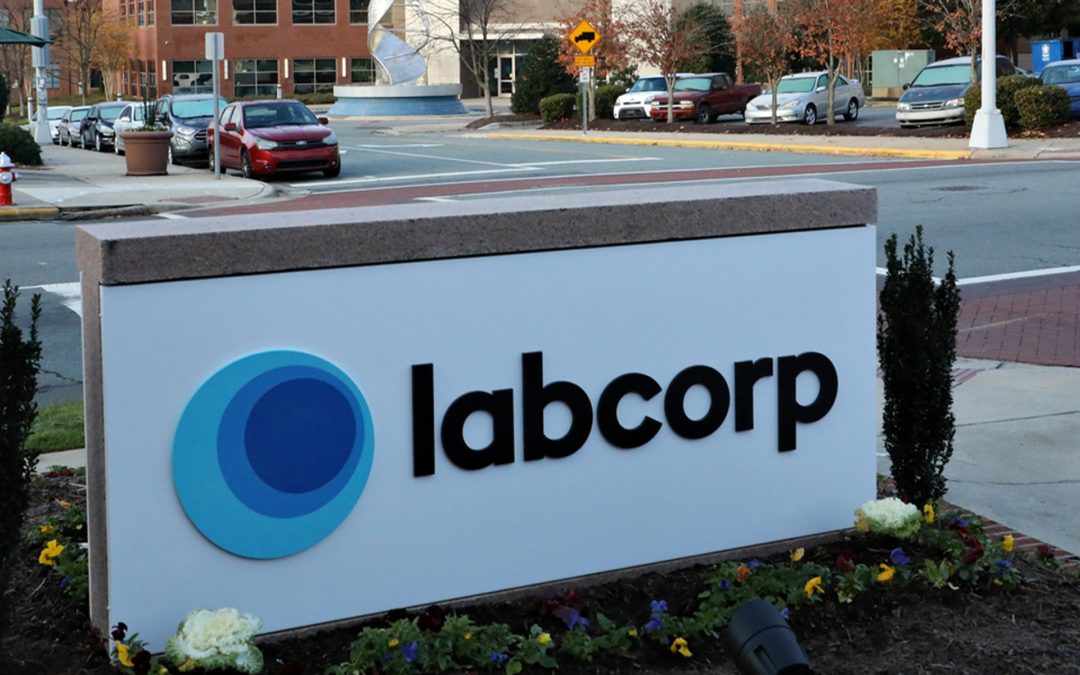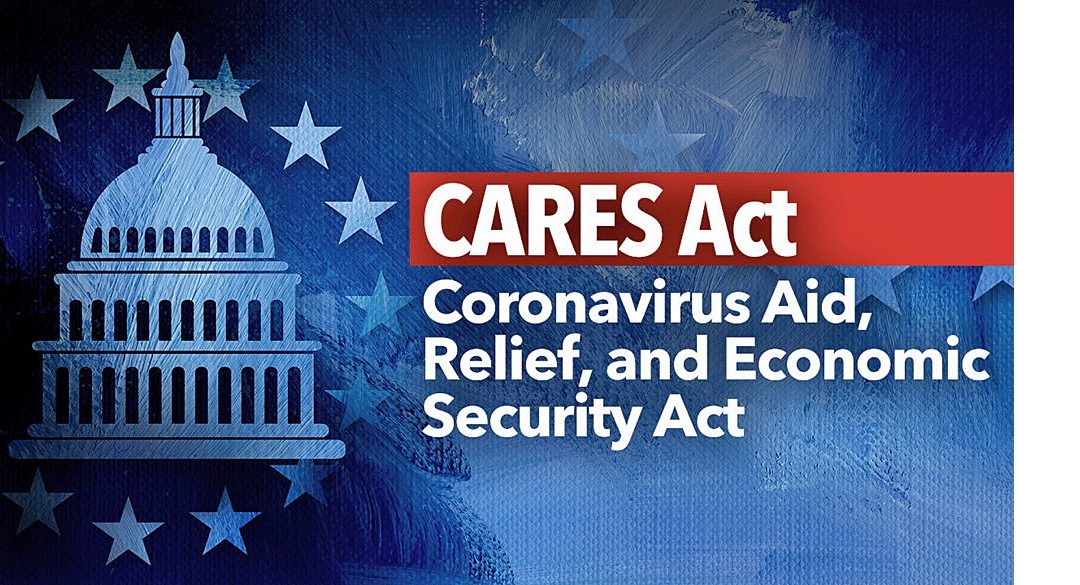
LabCorp Reports First-Quarter Results
LabCorp Reports First-Quarter Results
LabCorp reported a net loss of $317.2 million for the three months ended March 31, 2020, down from net income of $185.6 million in the same period a year ago; revenue was up 1.2% to $2.824 billion. A summary of key topics discussed by CEO Adam Schechter and CFO Glenn Eisenberg on an April 29 conference call follows.
Diagnostics Division
LabCorp’s Diagnostics Division reported a 1.2% decline in revenue to $1.702 billion. Volume decreased by 4.4%, including an organic volume decrease of 6.1%, partially offset by acquisition volume of 1.6%. LabCorp’s requisition volume is currently down by roughly 50% to 55% versus the company’s normal preCovid-19 crisis volumes.
Increased demand for Covid-19 testing is marginally offsetting the loss in routine test volumes, according to Schechter. He said that LabCorp is currently able to perform more than 60,000 PCR-based Covid-19 tests per day, or 1.8 million per month, and is seeking to expand to over 100,000 tests per day.
LabCorp’s primary PCR-based Covid-19 testing locations are Burlington, NC; Indianapolis, IN; Phoenix, AZ; and Raritan, NJ. LabCorp is performing the majority of its testing on analyzers from Thermo Fisher and Roche, in addition to the Hologic Panther Fusion System. “The issue that you run into is you need additional machines and you can imagine there’s lots of back orders and you know doing these RNA tests and the PCR test takes a lot of equipment. But we’re going to try to build to get to over 100,000 as quickly as we can,” said Schechter.
Home Sample Collection Kits
LabCorp launched its Covid-19 at-home self-collection kits through its branded Pixel service in late April. The kits allow patients to swab their own nasal passages and mail the samples back to LabCorp for PCRbased Covid-19 testing. The service is currently available only for healthcare workers and first responders who have Covid-19 symptoms. To obtain a collection kit, an individual must first fill out an online questionnaire, which is then reviewed and authorized by a physician. LabCorp will bill private insurance or utilize federal funds to cover the upfront cost of the test, while self-paying customers pay $119. LabCorp intends to make the collection kits available to all consumers in the coming weeks. However, the service is not available in MD, NJ, NY, and RI, due to state restrictions.
Covid-19 Antibody Testing
LabCorp can currently perform more than 50,000 Covid-19 antibody tests per day and expects to increase its capacity to over 200,000 tests per day by mid-May. LabCorp is using Abbott’s antibody test. “When you think about those numbers, over 200,000 tests today in serology and maybe 100,000 tests over time for PCR, it’s still a very small number compared to the 530 million or so tests that we do across all of our testing [pre-Covid-19]. So unless we start to see that come back, it will be hard for these tests to make up for the difference in what we’ve seen since the last weeks of March,” according to Schechter.
Accounts Receivable
LabCorp said that, as a result of increase in unemployment and the potential financial difficulties of medical practices from the impact of the Covid-19 crisis, it took a first-quarter charge of $17 million to increase its accounts receivable reserves.
Cost Cutting
Some of the actions that LabCorp has taken to help offset the impact of Covid-19 include employee furloughs, delays in new hiring, reducing temporary and contract workers, and suspension of merit pay hikes
and 401(k) plan contributions.
The CARES Act
LabCorp received $56 million in April through the CARES Act, which the company is using to ramp up
its Covid-19 testing capacity
